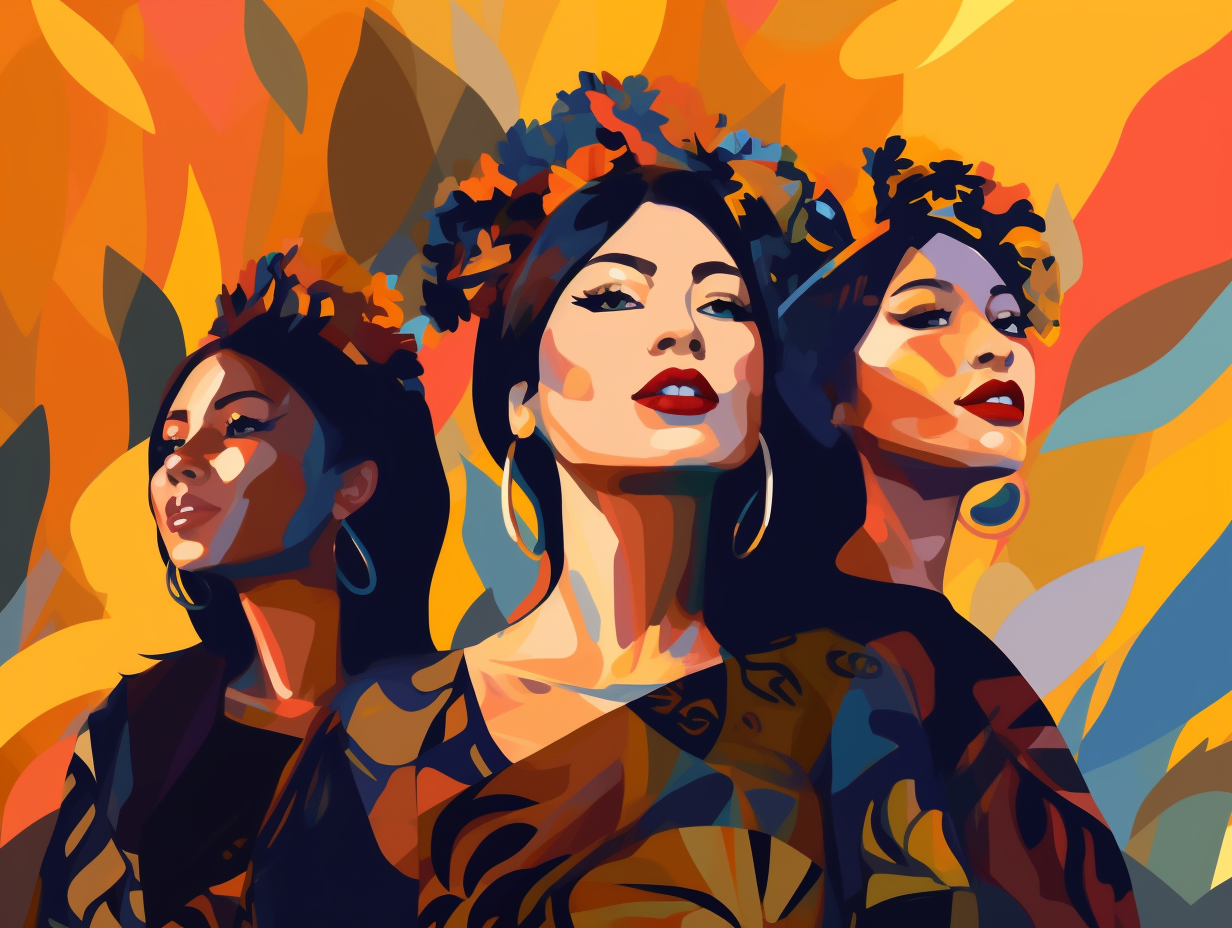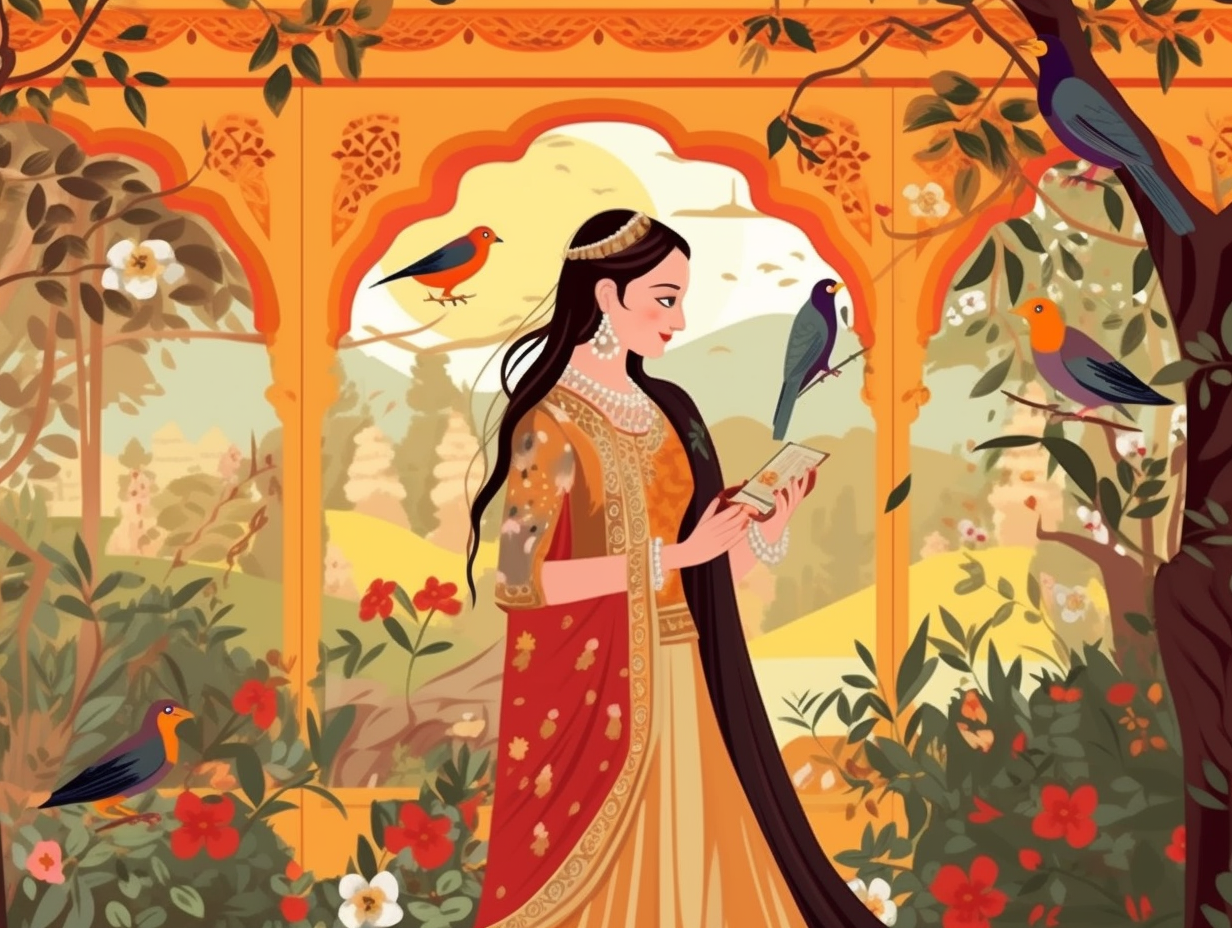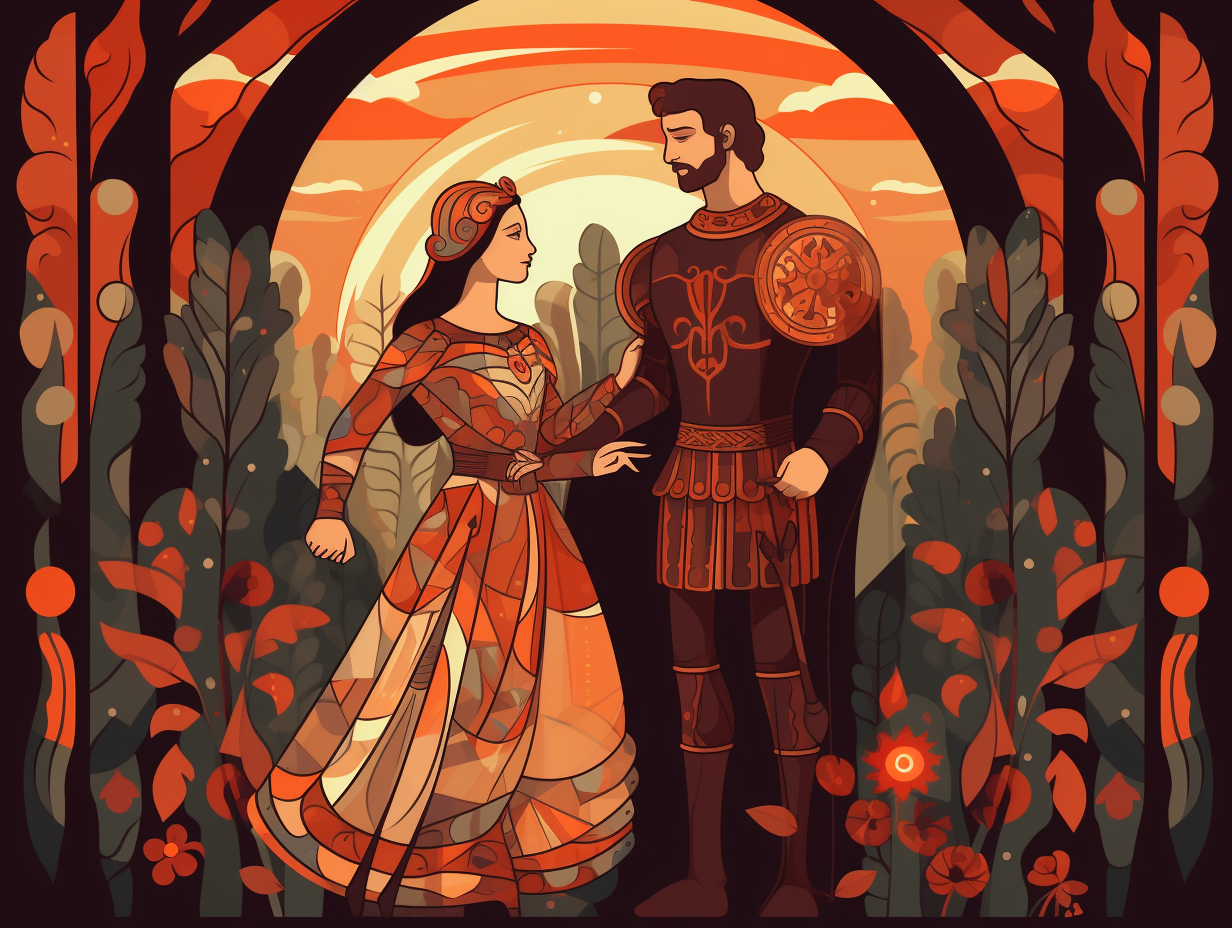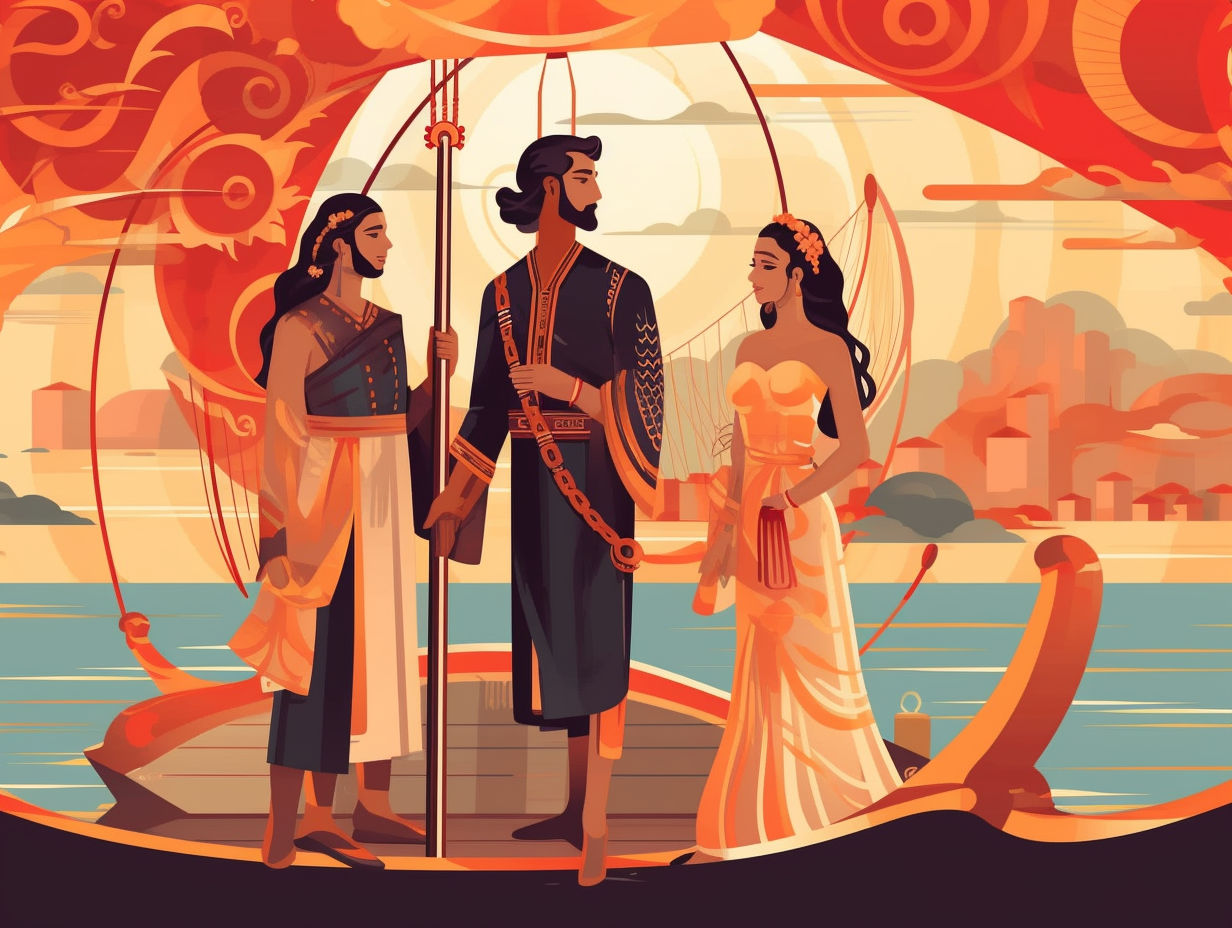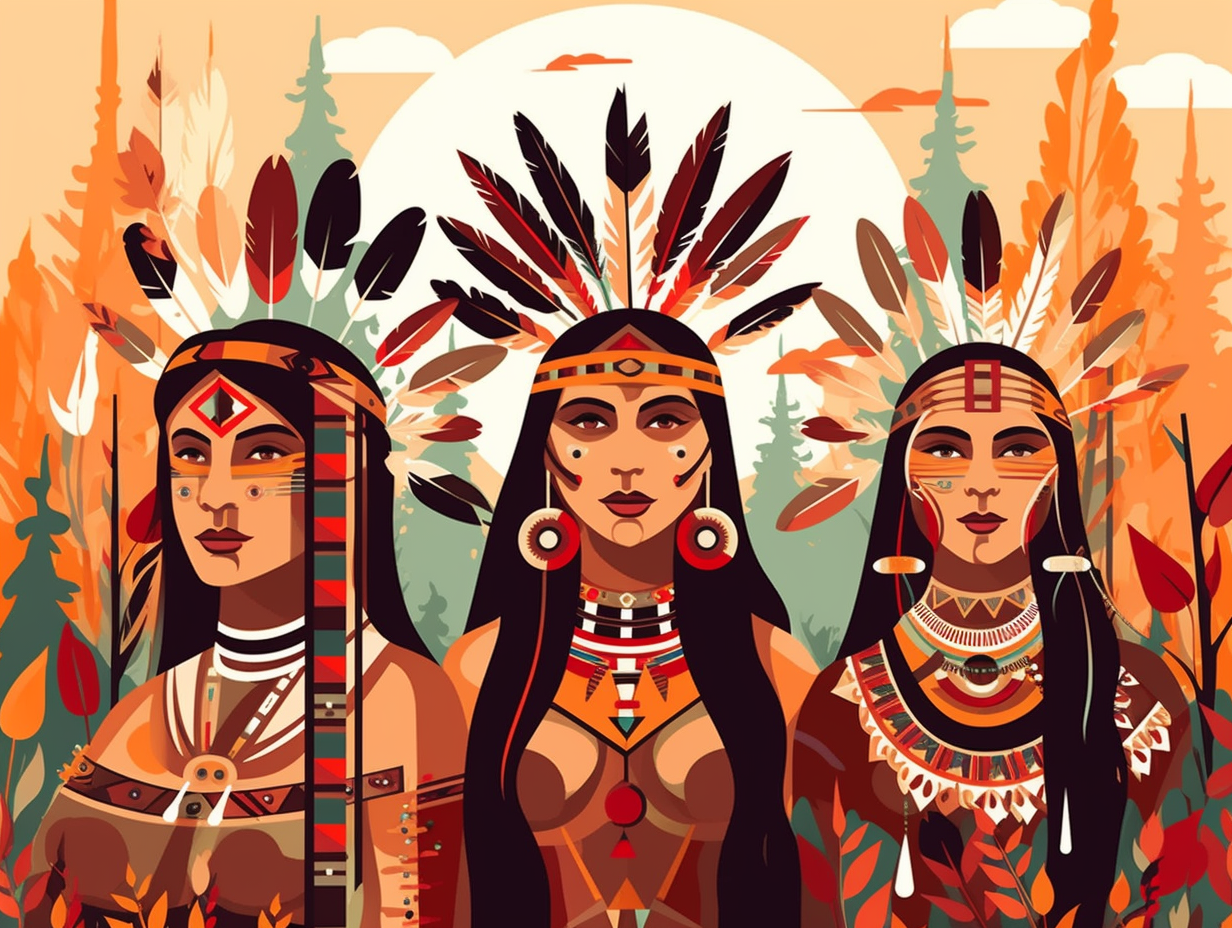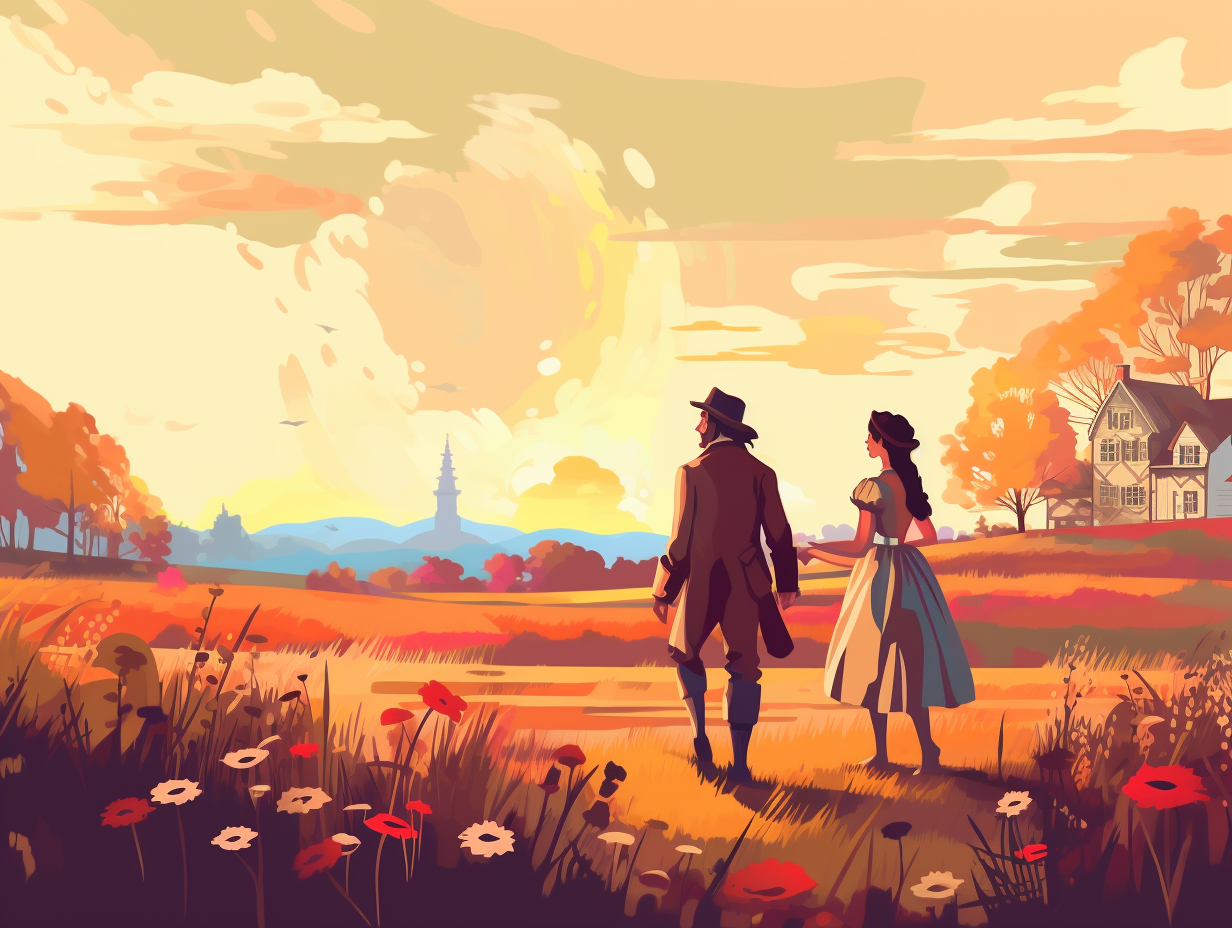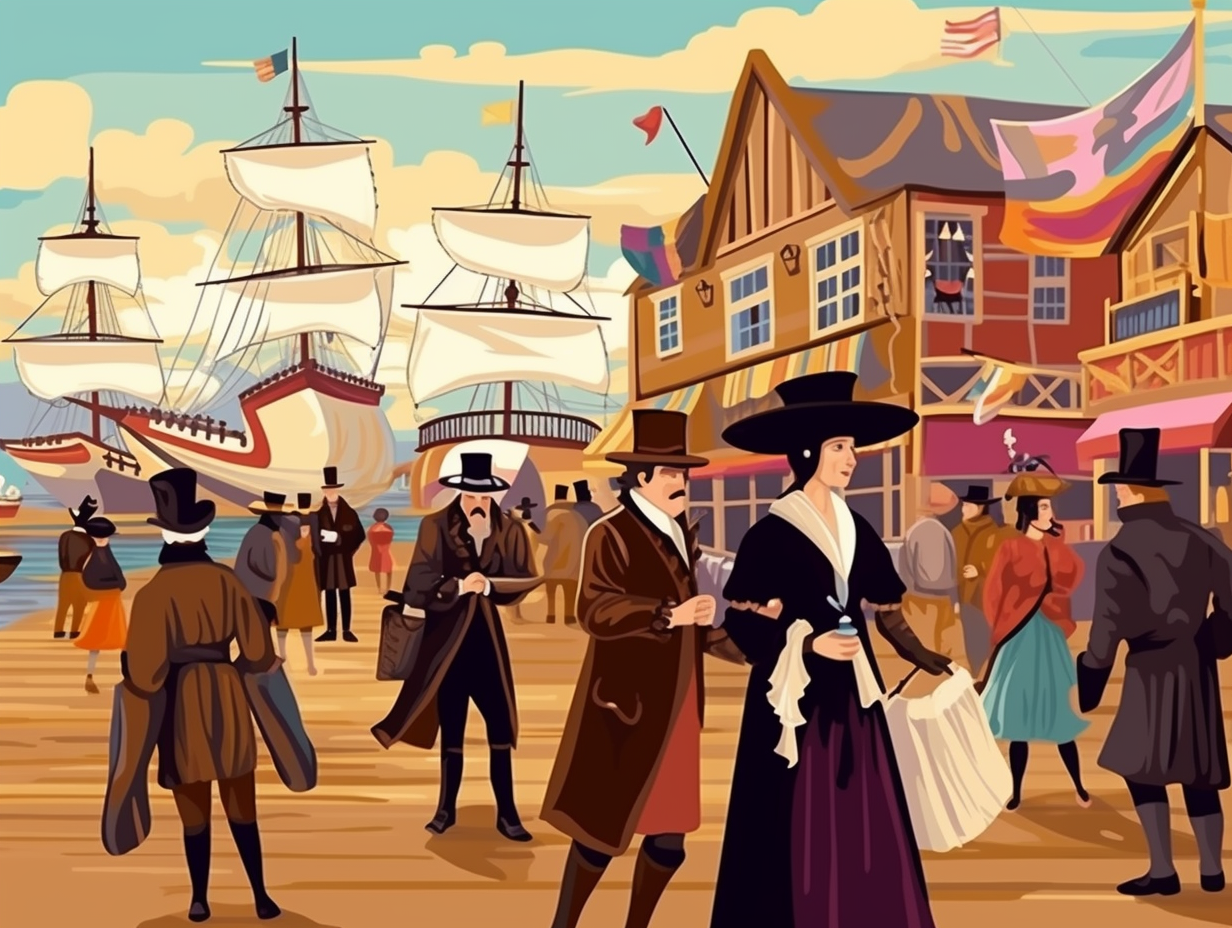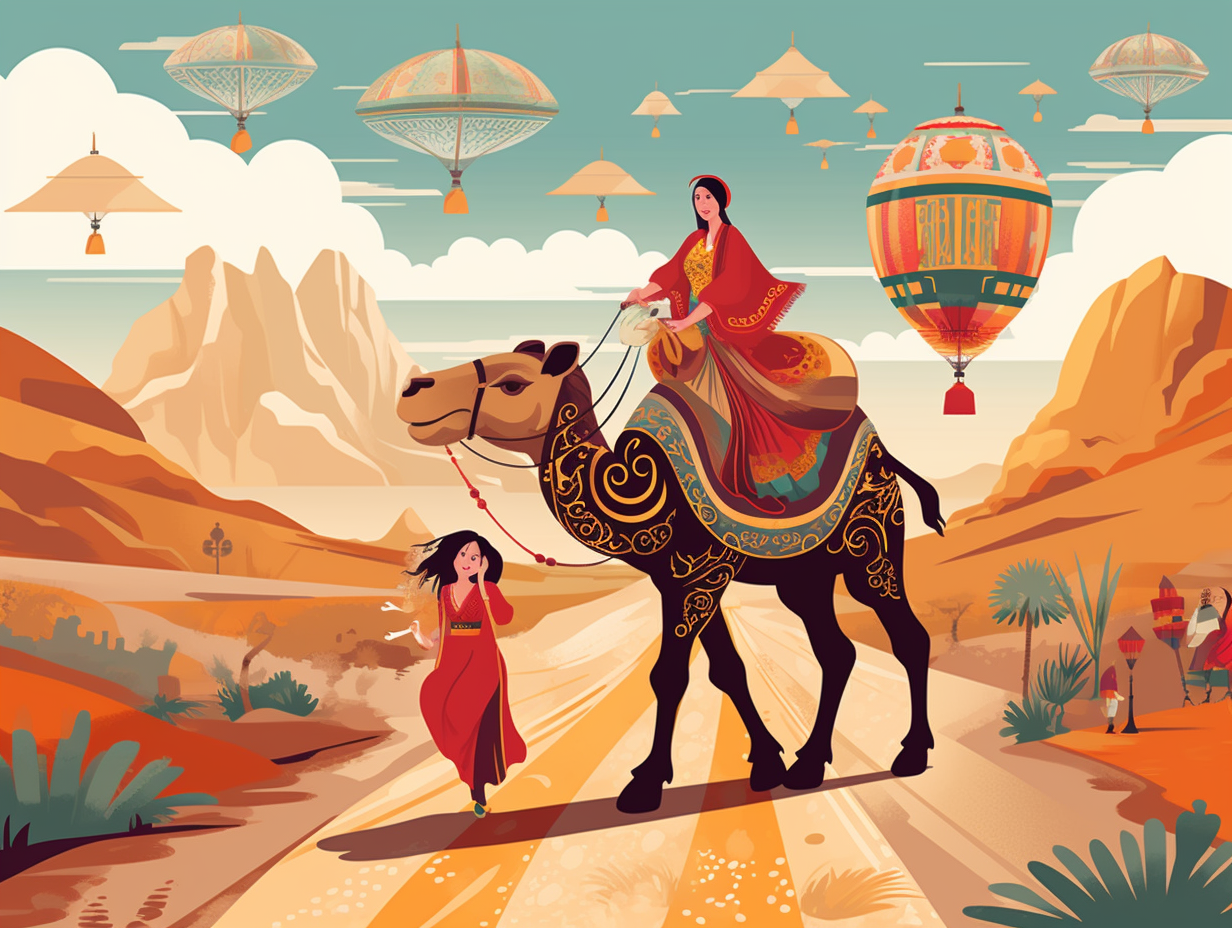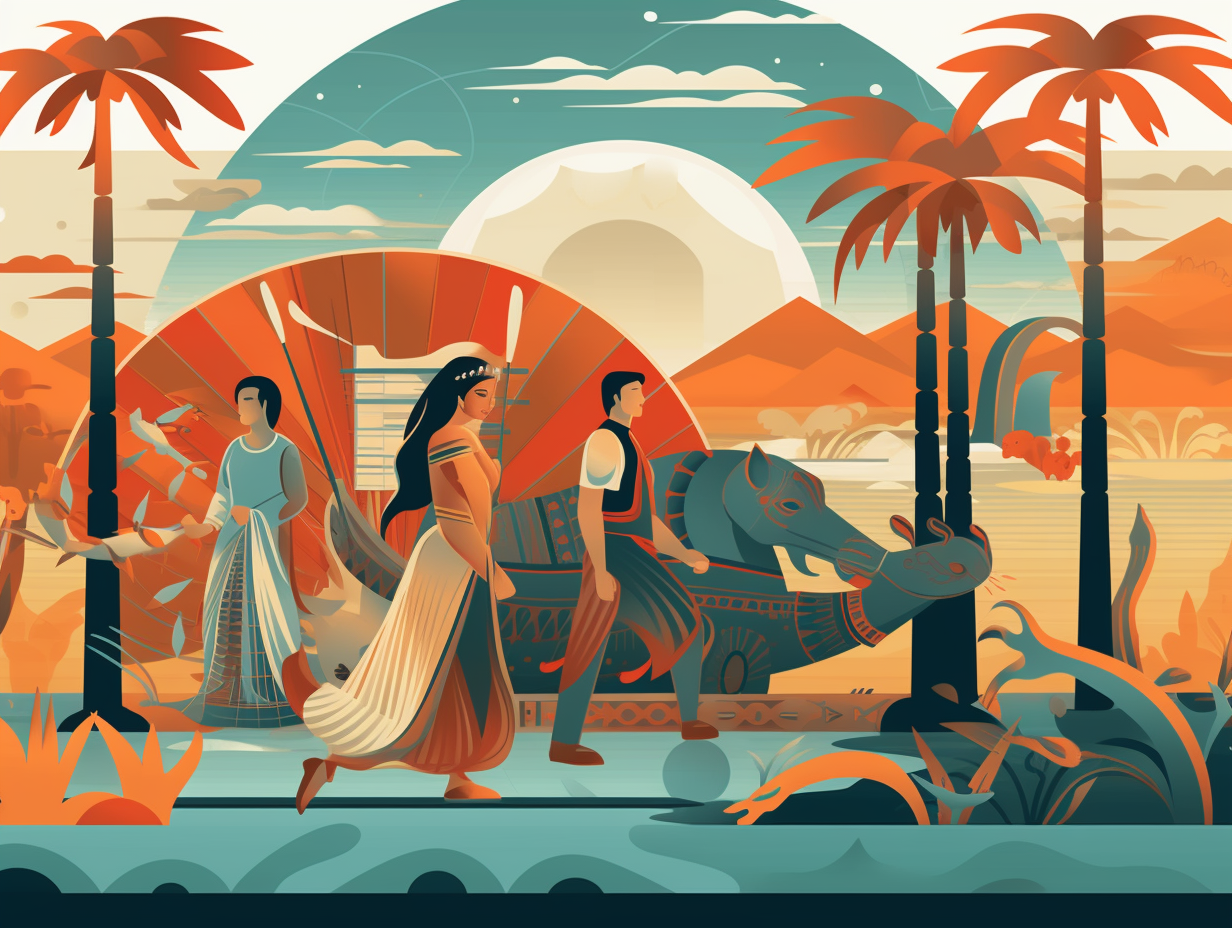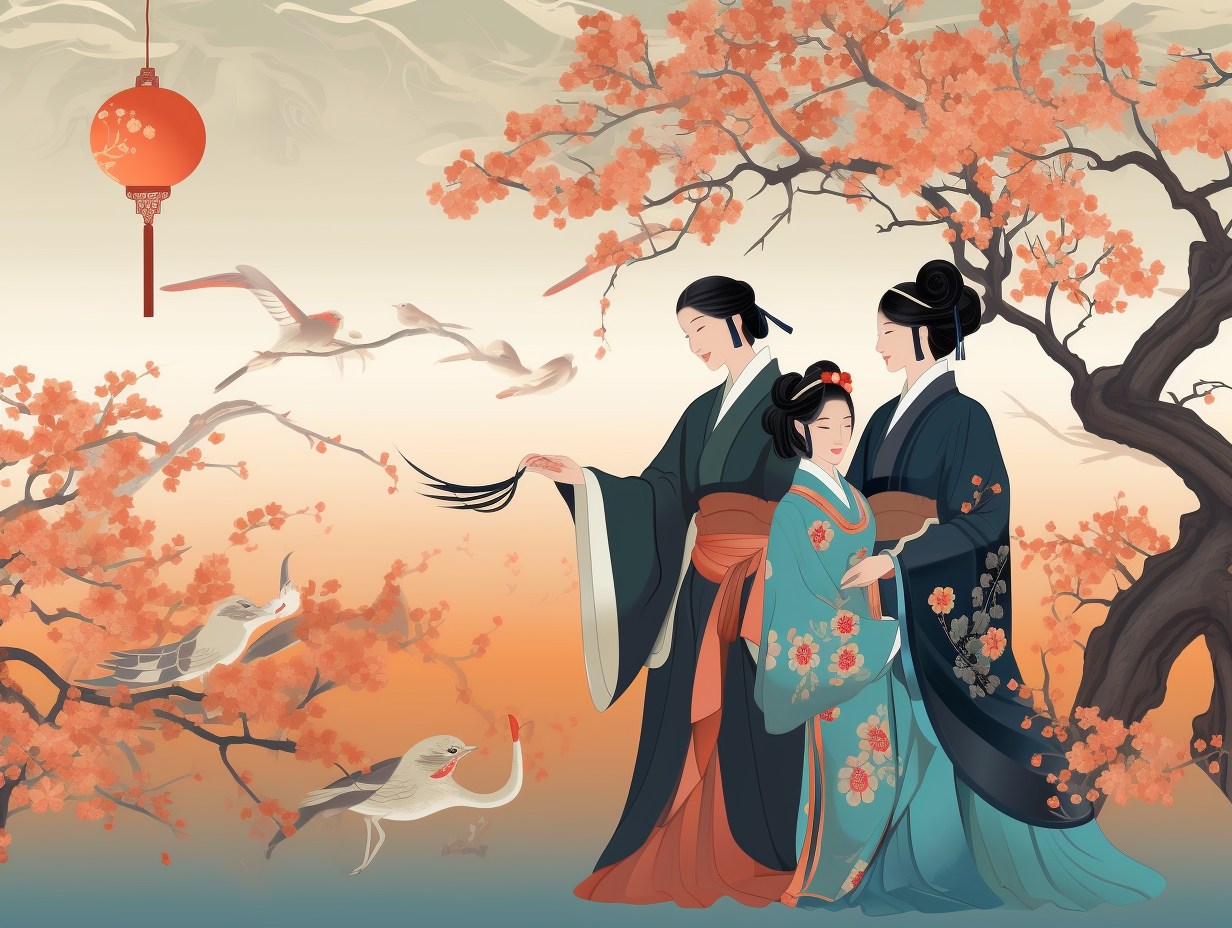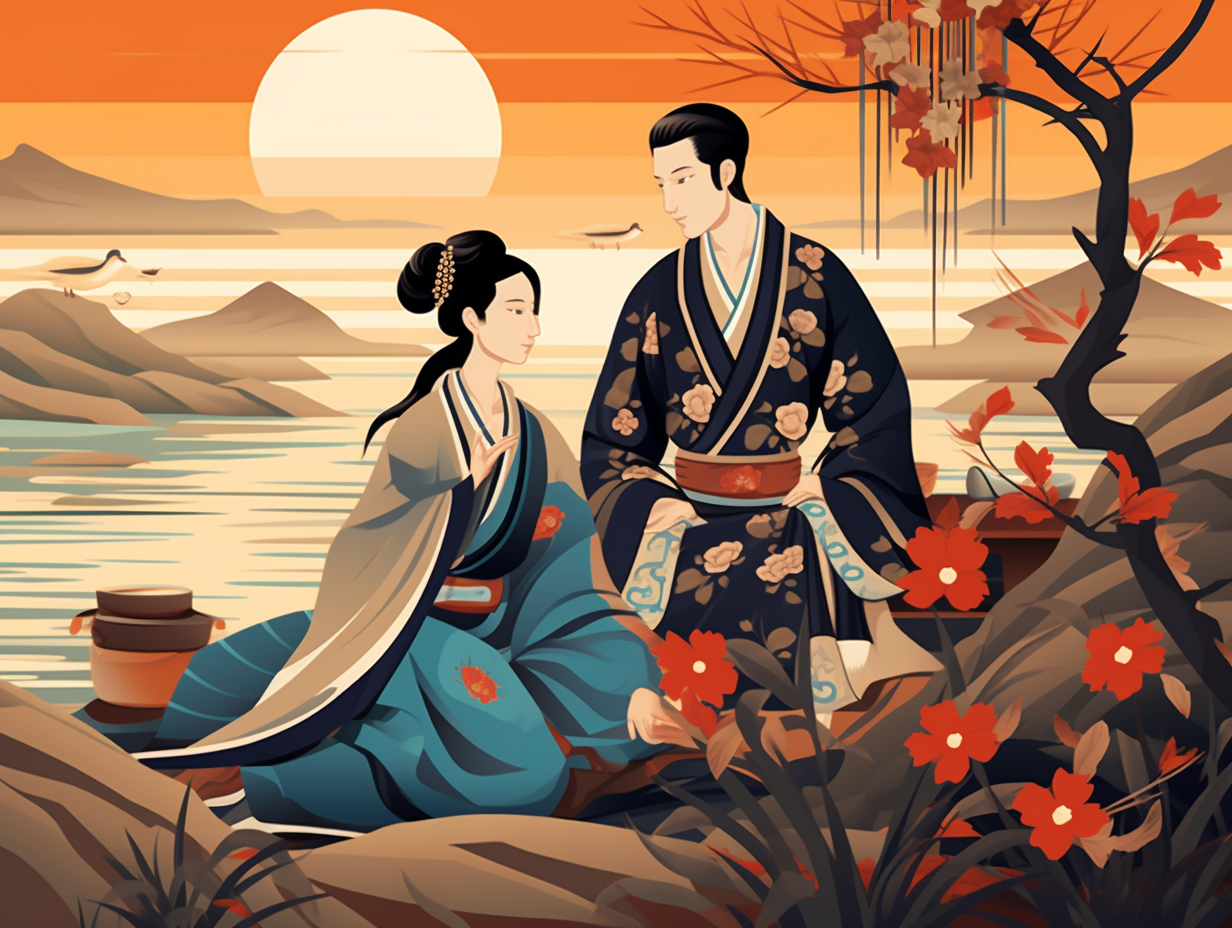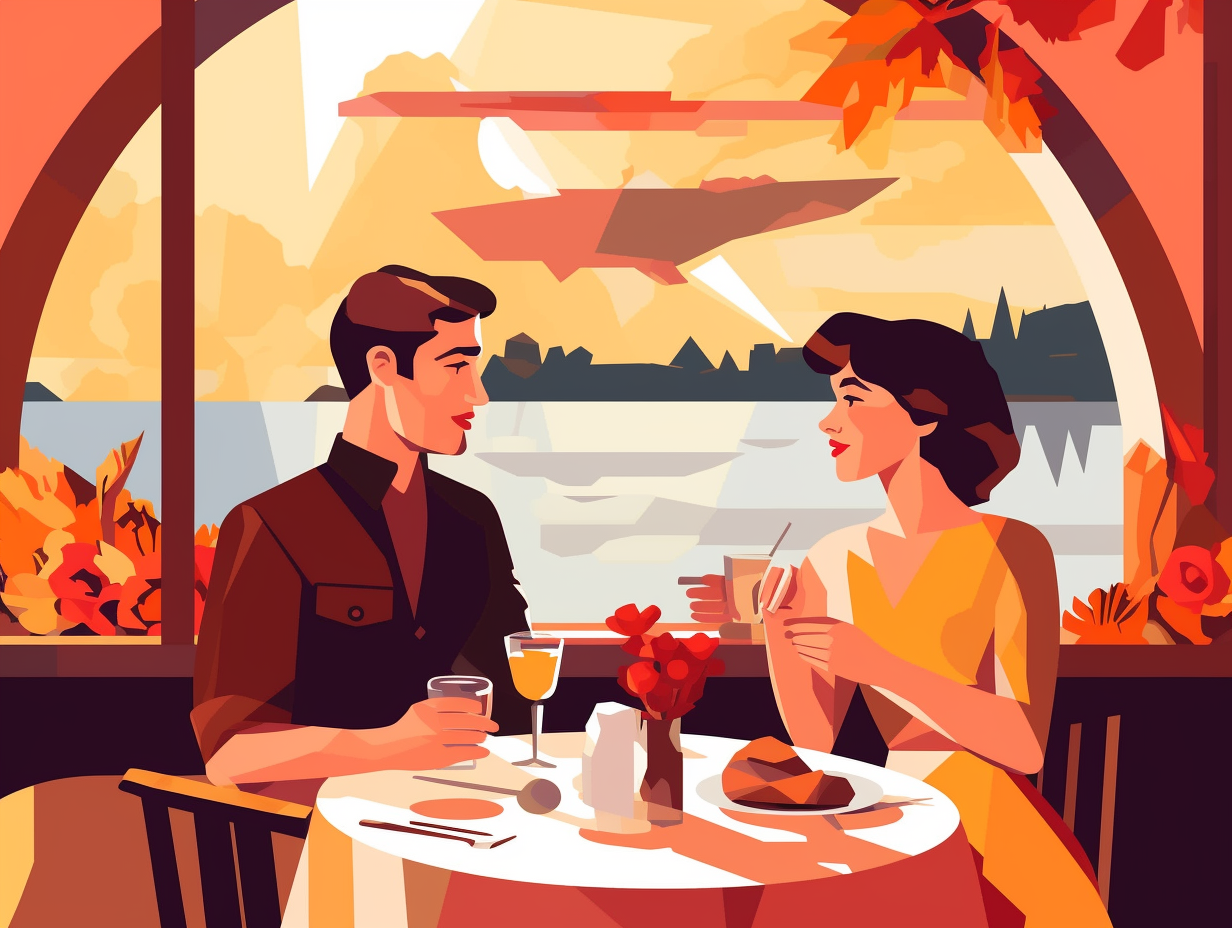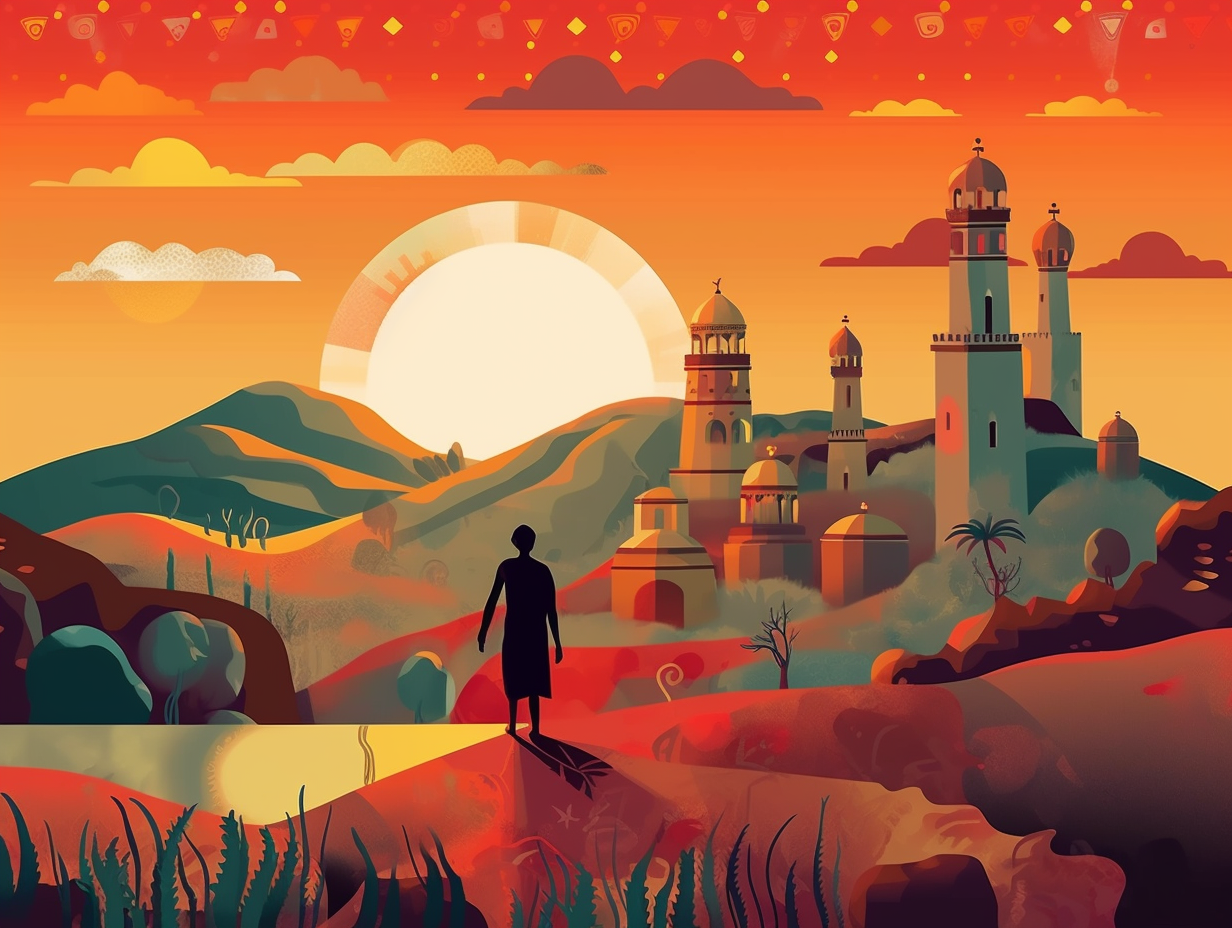Discover the Crown's Secrets: Top 11 Fun Facts About Constitutional Monarchy You Never Knew!
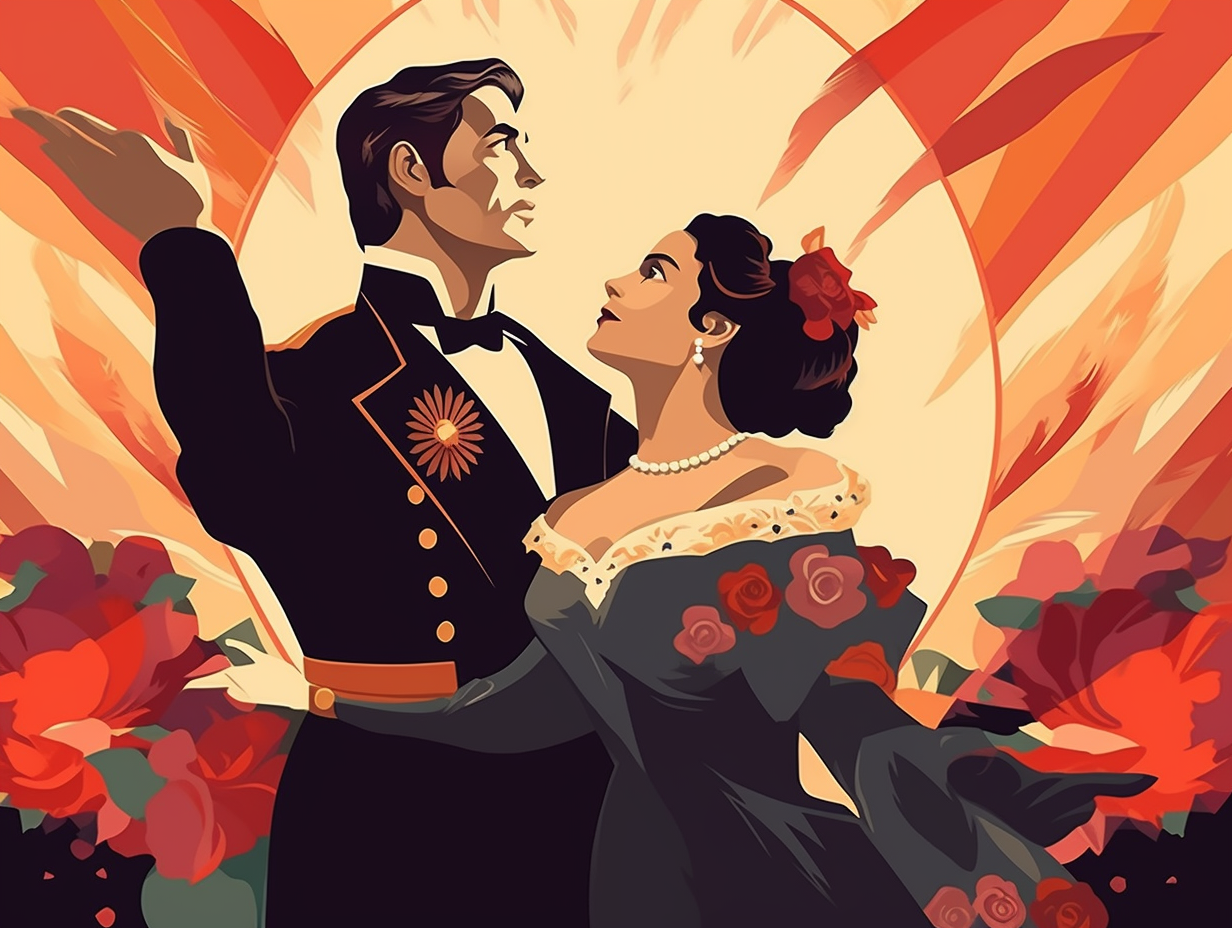
1. A Queen's Secret Powers
You know what they say, a Queen's work is never done – even if it's just for show: In a constitutional monarchy like the United Kingdom, the monarch still holds significant powers, such as appointing governments, controlling armed forces, and appointing judges, along with possessing "reserve" powers to be used during emergencies or constitutional crises, like Australia's 1975 hullabaloo. Even though they're not knee-deep in day-to-day governance, their royal wisdom can come in handy when advising elected officials.
Source => monarchist.org.uk
2. Alternative Royal Succession
In a royal game of "musical thrones" – where bloodlines are a bonus but not a guarantee – some monarchies opt for a soundtrack of alternative tunes: In fact, hereditary monarchies that utilize methods such as seniority or tanistry for succession have been found to be more stable than their authoritarian cousins with less traditional pathways to the crown.
Source => en.wikipedia.org
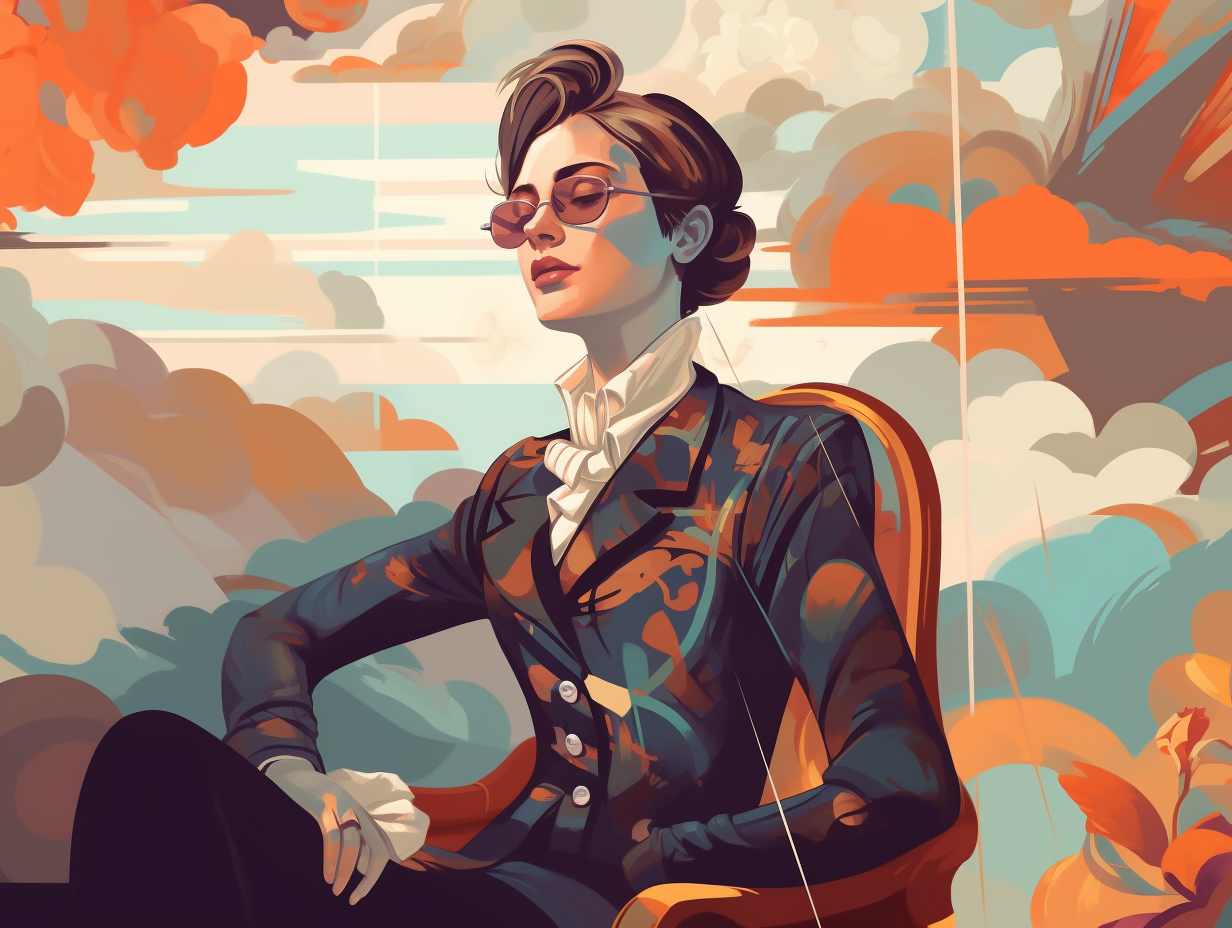
Did you know the reigning monarch in the Commonwealth realms is the head of state for 15 countries, including Canada, Australia, and the UK? Discover the history behind this royal timeshare system and how it continues to expand.
=> Fun Facts about Monarchy
3. The Battle of Longest Reigns
In a regal contest that would put the Energizer Bunny to shame, two monarchs battled for the grand title of "longest reigning ruler in a constitutional monarchy": Louis XIV, aka the Sun King of France and Andorra, and Queen Elizabeth II, reigning supreme over the United Kingdom, Canada, Australia, and New Zealand. And the crown goes to...: Louis XIV holds the record, having ruled for an astonishing 72 years and 110 days, with Queen Elizabeth coming in second, boasting an impressive reign of 70 years and 214 days.
Source => en.wikipedia.org
4. Solar-Powered Swedish King
They say "there's always a silver lining" but would you believe the King of Sweden found a "solar lining" atop the Royal Palace of Stockholm? Shockingly regal renewable revelation: King Carl XVI Gustaf personally climbed to the palace roof and participated in the installation of new solar panels, embracing the call for sustainable energy and proving that green initiatives can truly be a royal affair.
Source => thelocal.se
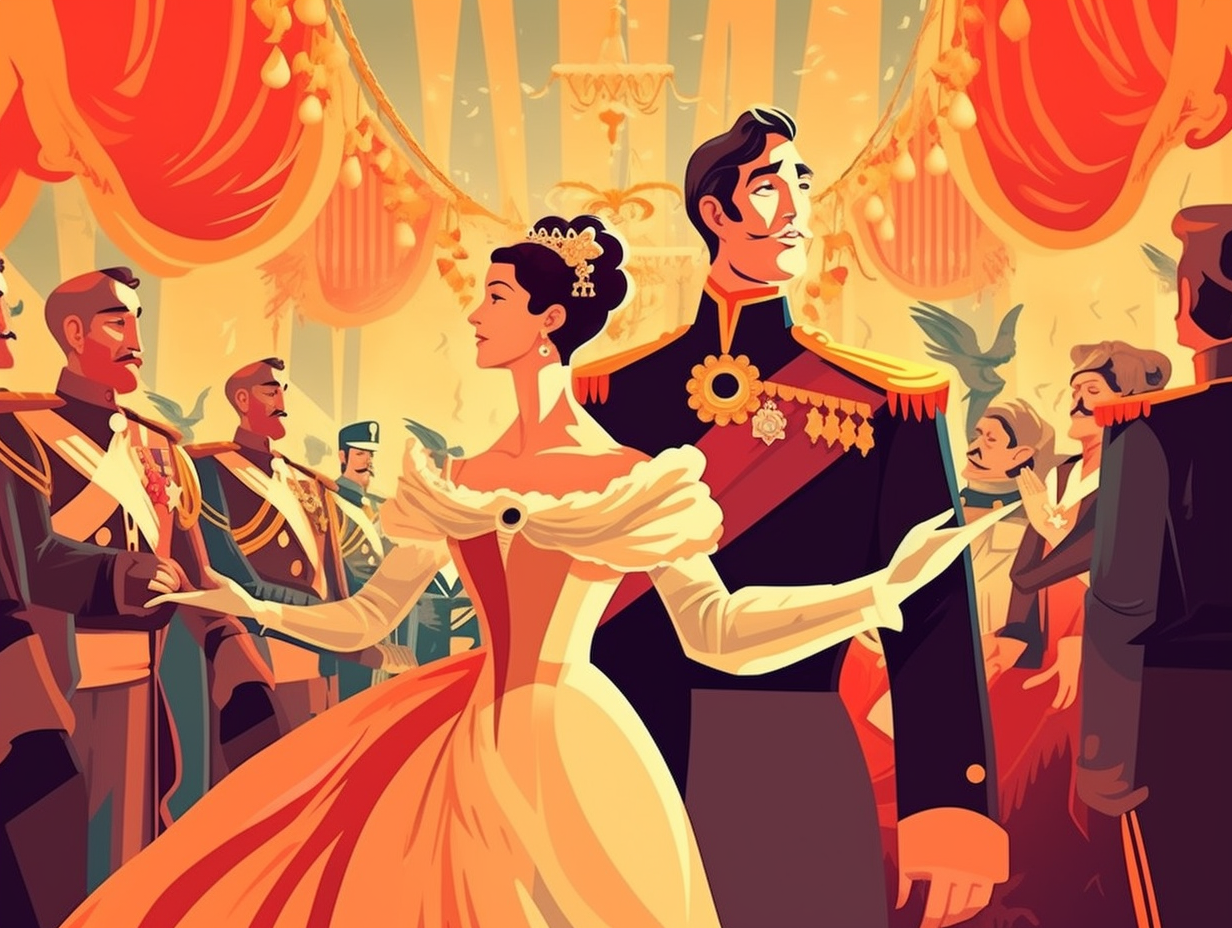
5. Belgian Royal Title Givers
In a kingdom far, far away, where waffles rule the world and Hercule Poirot is always busy solving mysteries, King Leopold VIII rests peacefully in his castle, hand poised over an abundance of feather quills, ready to bestow heroic titles on all the worthy Belgians: This is no fairytale land, but the hereditary parliamentary constitutional monarchy of Belgium! Here, the King, as Head of State, has the power to grant titles like "Baron," "Viscount," or "Count" to deserving citizens, with the help of a consultative committee – a truly noble pursuit outlined in Belgium's very own Constitution.
Source => monarchie.be
6. Flying Dutch King
From cargo planes to reigning the skies, King Willem-Alexander of the Netherlands has mastered both the art of flying and ruling the kingdom in style: As a licensed pilot with both Private Pilot's Licence, Second Class and Commercial Pilot's Licence with an Instrument Rating, he began his airborne escapades with Martinair before leveling up to become a guest pilot for KLM Cityhopper and eventually piloting Boeing 737 planes. Although bidding adieu to regular flights in 2017, there's still a chance his royal highness may don his aviator wings in the future, commanding the official government aircraft like a boss.
Source => simpleflying.com
7. Japan's Musical Eco-Emperor
Who knew royalty could be so eco-friendly, musically inclined, and somewhat of a history buff? Meet Japan's Emperor Naruhito, a man who could write a thesis on transport, serenade you with a viola, and teach you the importance of saving water – all while wearing a crown: Emperor Naruhito has a passion for water conservation, giving speeches at international water forums, while in his leisure time, he enjoys playing the viola and learning about the history of transportation. With degrees in history, he has even spent time in Australia for a homestay, where he engaged in mountain climbing, riding, and playing the violin.
Source => en.wikipedia.org
8. Regal Christmas Card Tradition
Before "Elf on the Shelf" graced our mantels, the royals had their very own version of the holiday tradition – family portraits on glossy postcards: Queen Elizabeth II and Prince Philip sent out annual Christmas and New Year's cards featuring mounted color photographs of their family, with the 1962 card showcasing a picturesque moment of the Queen, Prince Philip, Prince Charles, Princess Anne, and Prince Andrew, and bearing the signatures of both monarch and consort to friends, family, and official dignitaries.
Source => raptisrarebooks.com
9. Fashion-Forward Royals
Whoever said "clothes make the man" clearly never met a constitutional monarch: in this type of monarchy, the ruler's attire is actually a powerful tool for national representation, subtle communication, and even social change, such as the late Queen's creation of the first feminine uniform for working women, which has influenced British fashion for over five decades.
Source => ukandeu.ac.uk
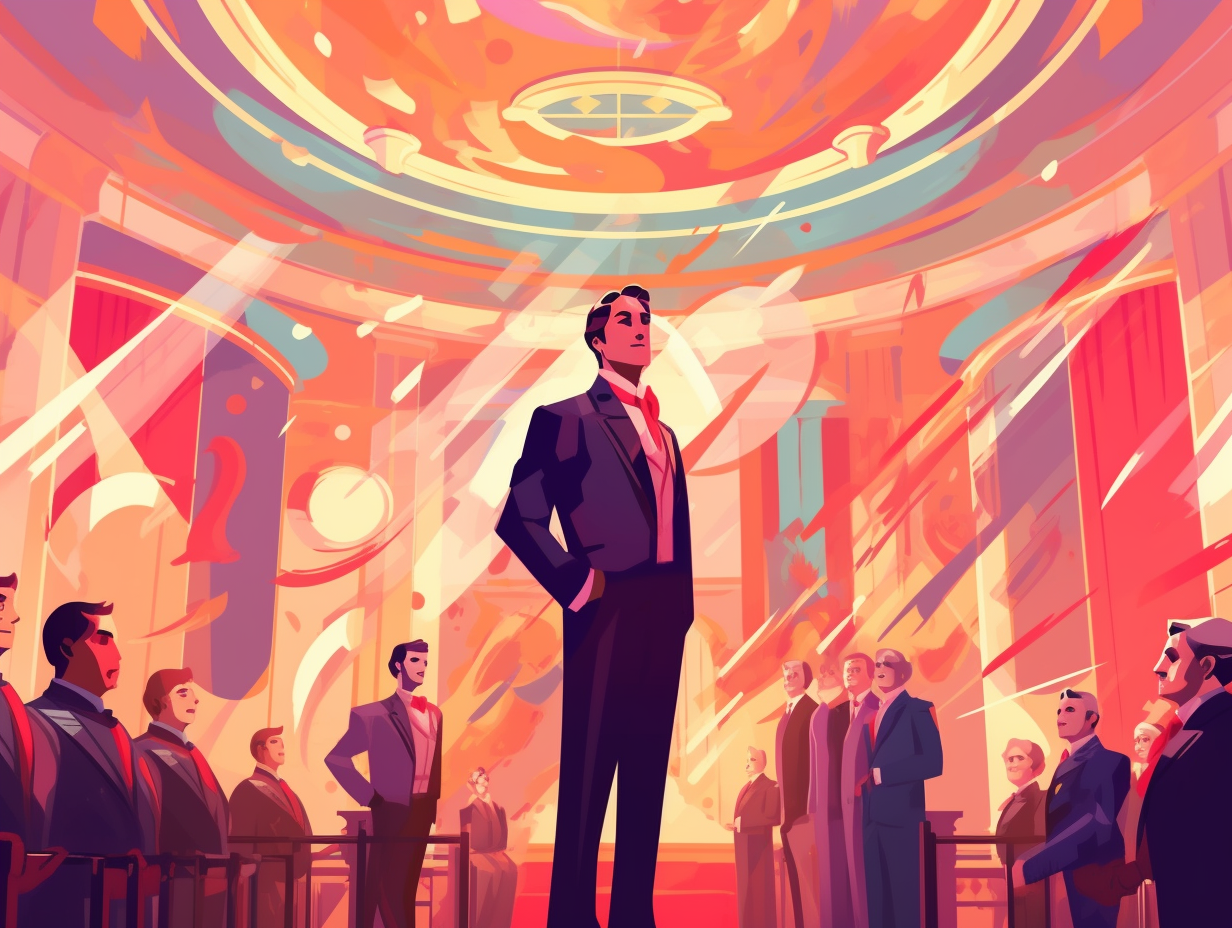
10. Equestrian Queen
Horse whisperer by day, Queen by night: Queen Elizabeth II has been an accomplished equestrian since childhood, starting with her first Shetland pony named Peggy, breeding various pony breeds and Thoroughbred racehorses, and even receiving the FEI Lifetime Achievement Award in 2014 for her devotion to the horse industry.
Source => horseyhooves.com
11. Sparkling Game of Royal Scepter Pass
When royals play "pass the scepter," they really amp up the bling: King Charles III will hold a royal scepter adorned with the 530-carat Cullinan I diamond at his coronation on Saturday. This dazzling gem was discovered in South Africa in 1905 and gifted to the British monarchy by the then-British colony's government. With ongoing conversations about returning colonial artifacts, some South Africans insist it's time for this sparkly piece of history to make the trip back home, but no worries for the royals — it isn't officially considered part of the Crown Jewels of the United Kingdom.
Source => cnn.com
Related Fun Facts

